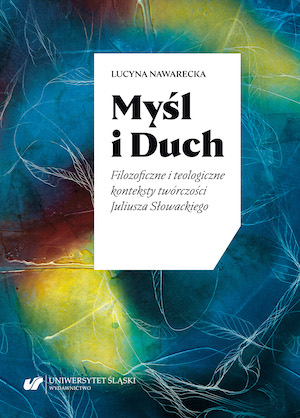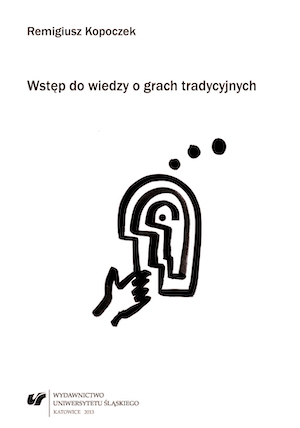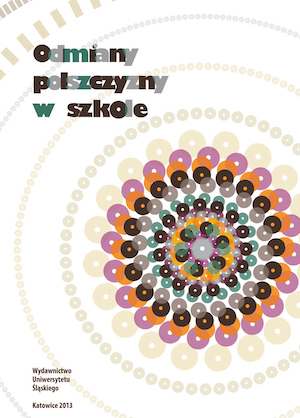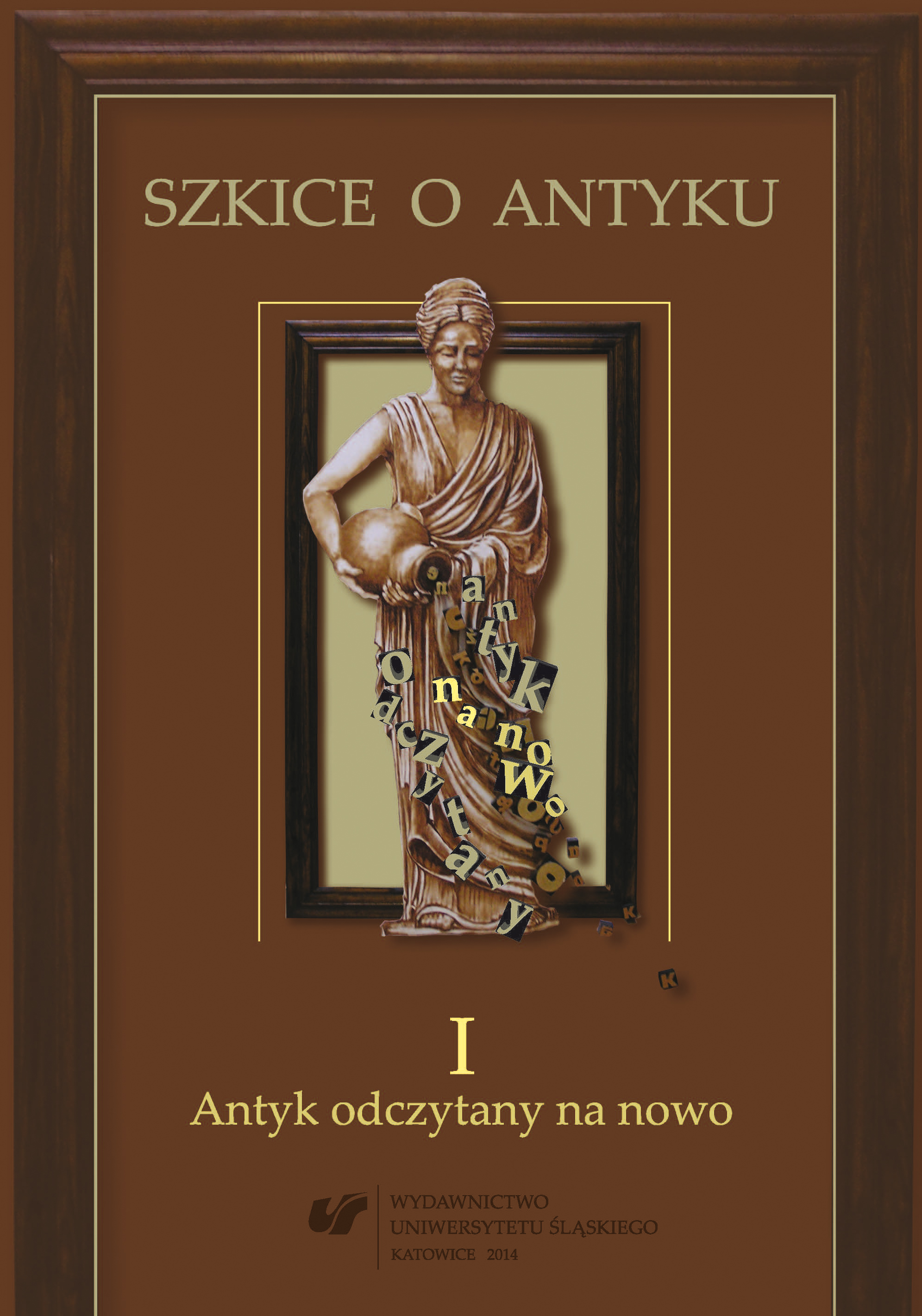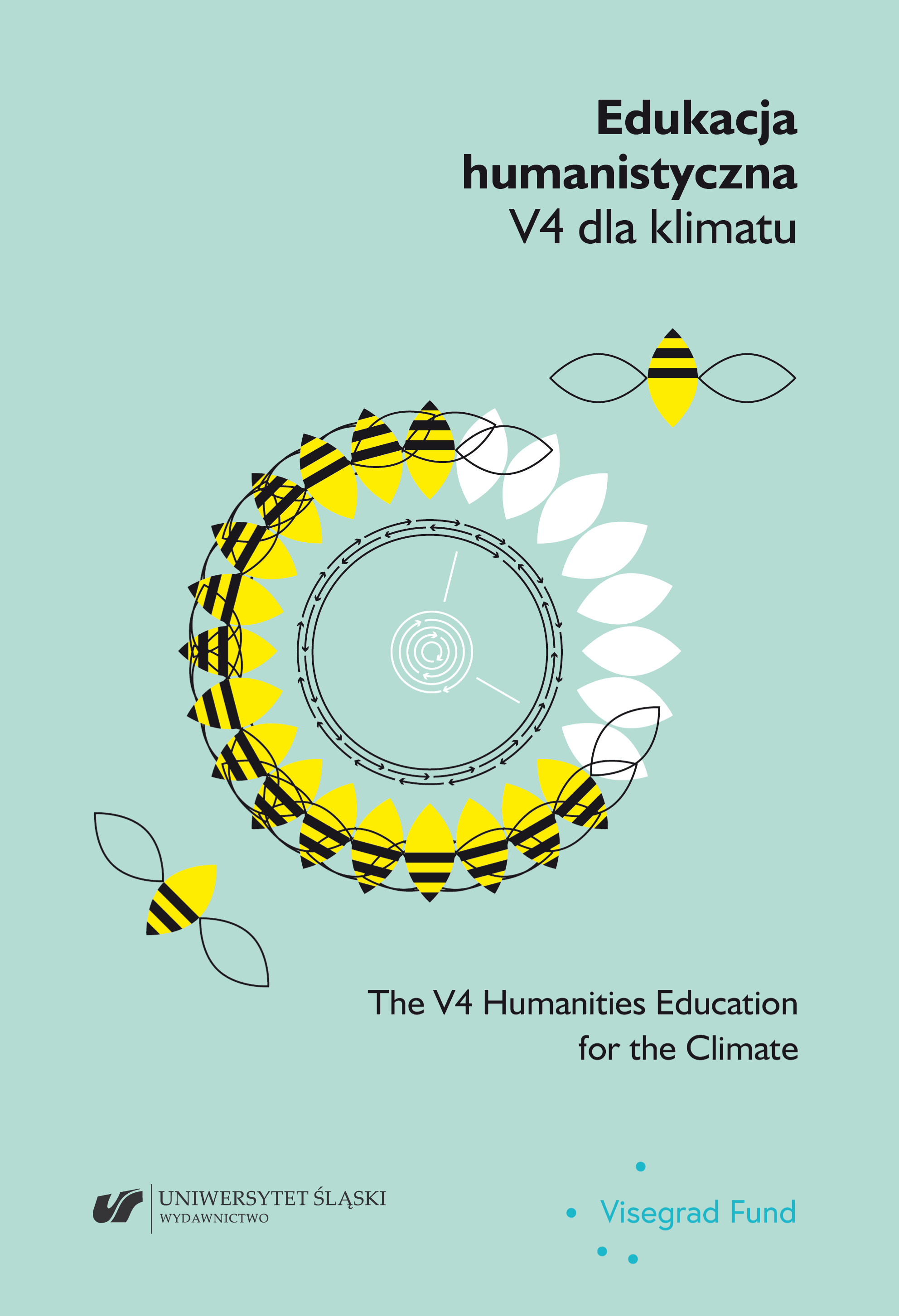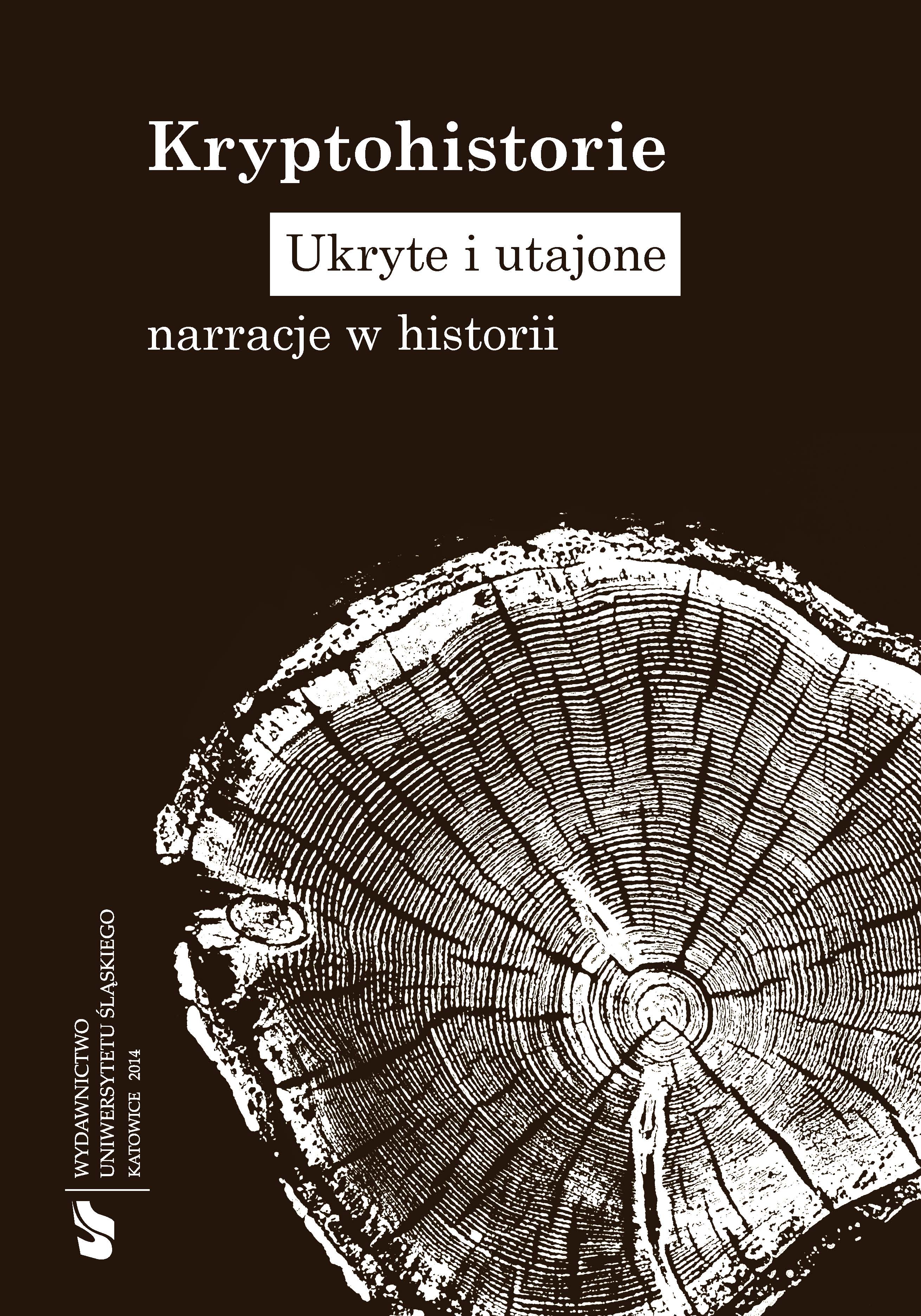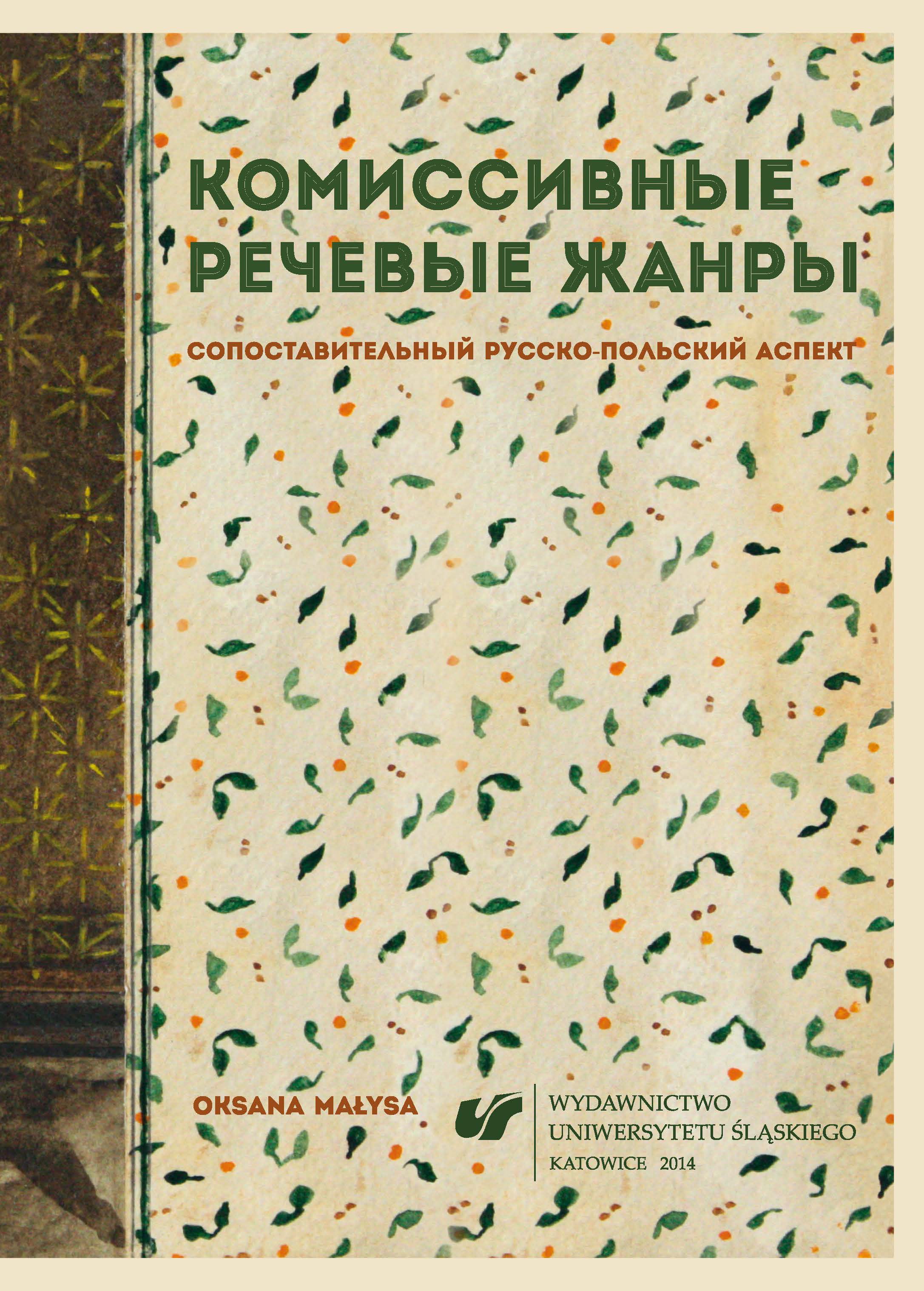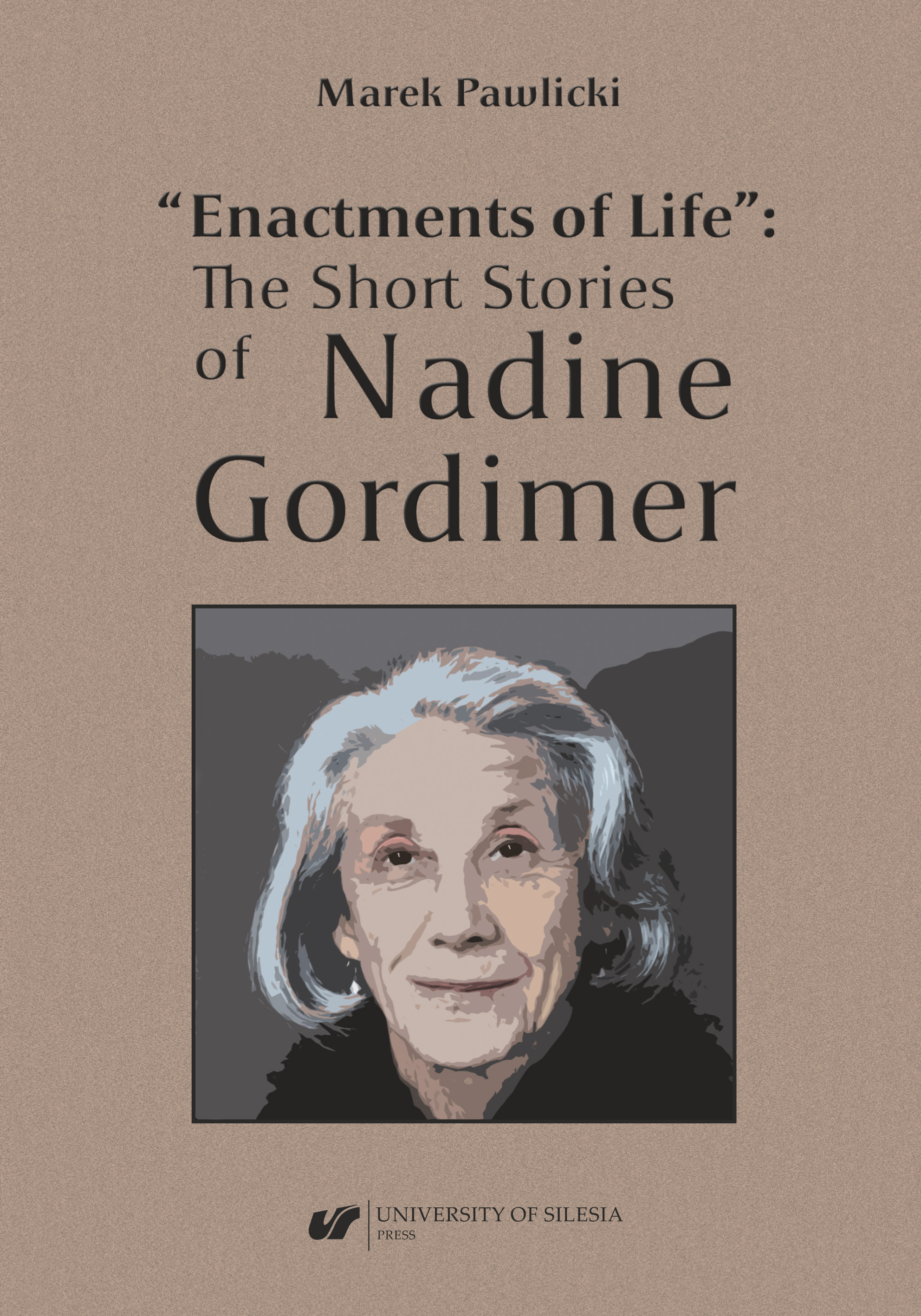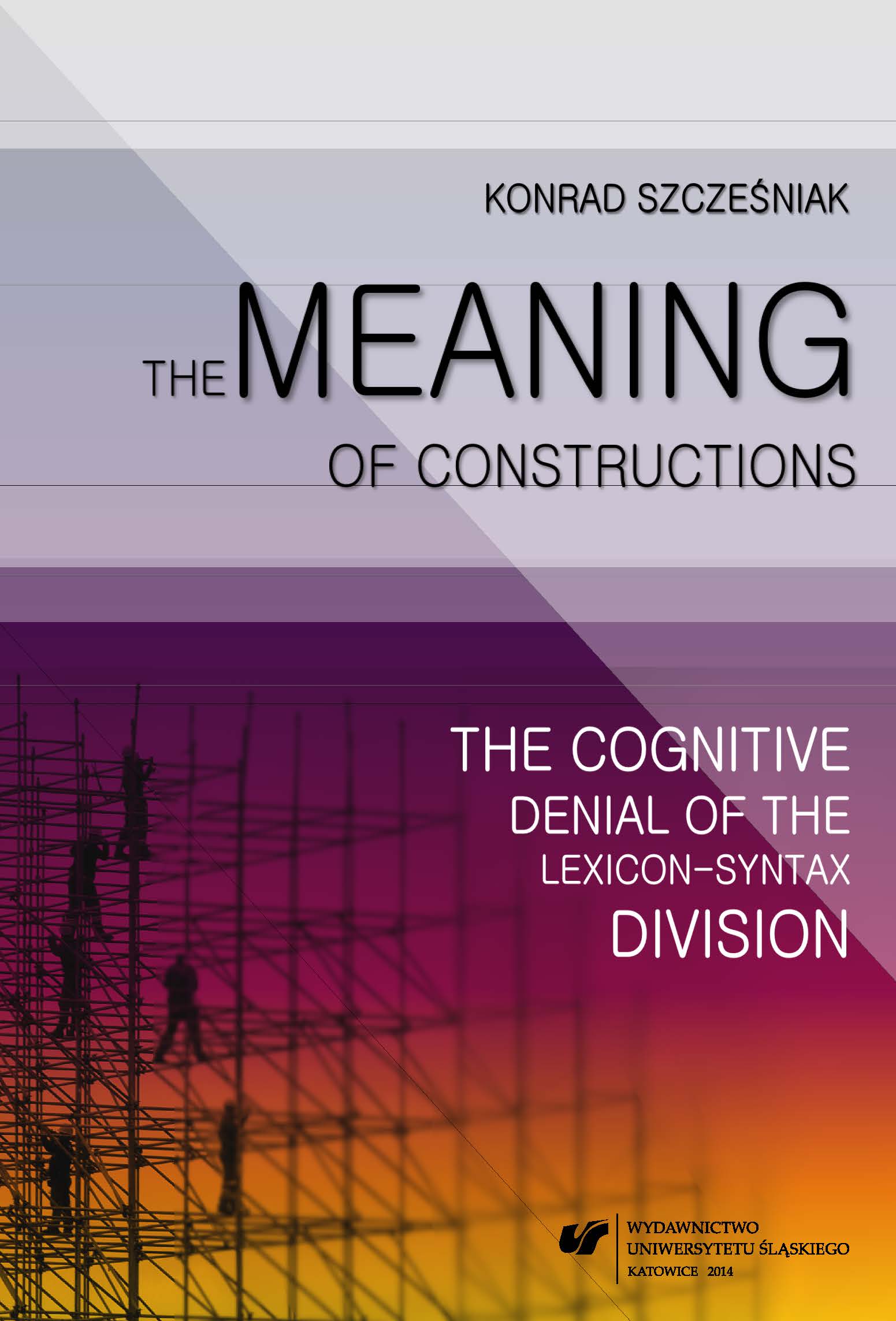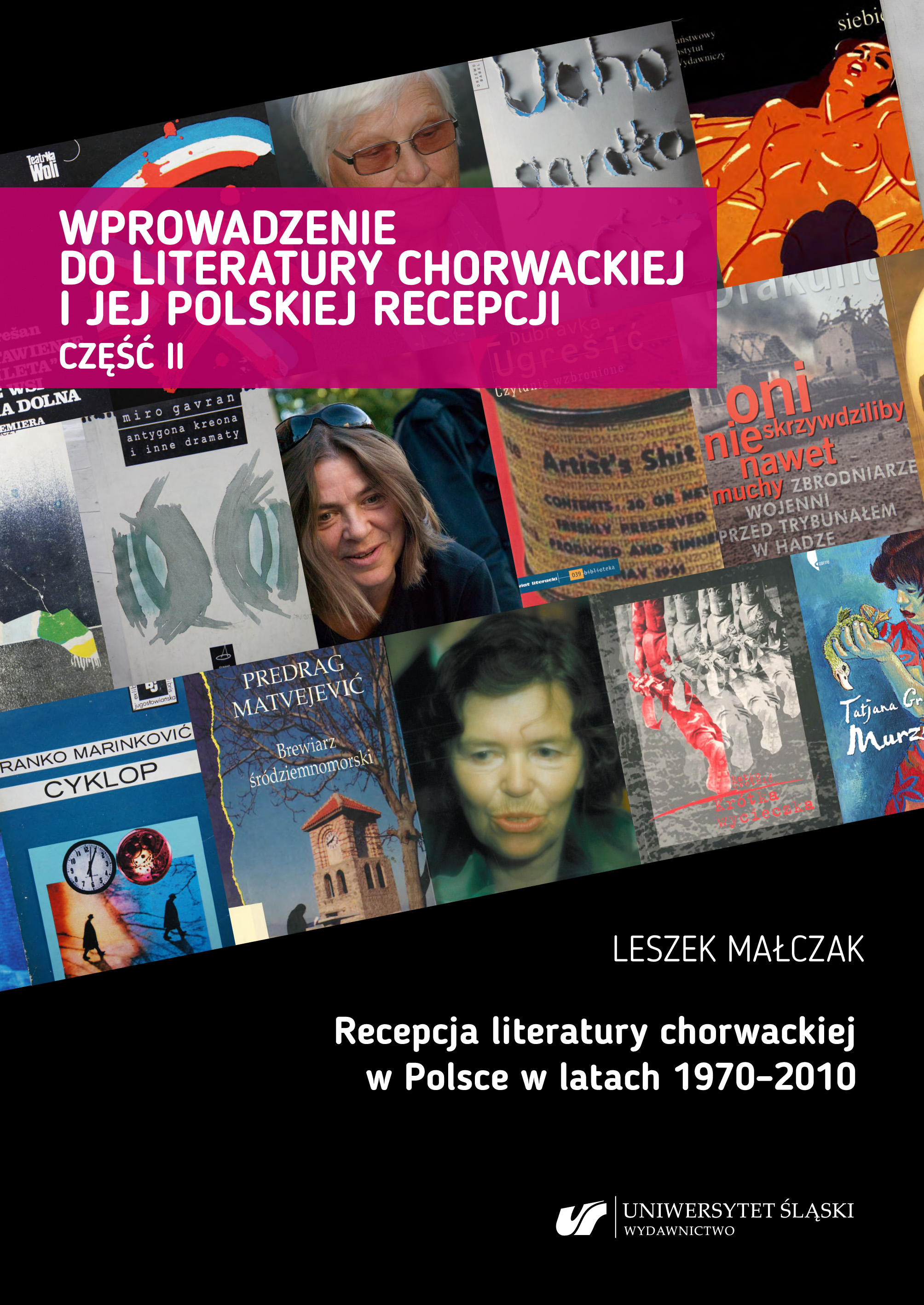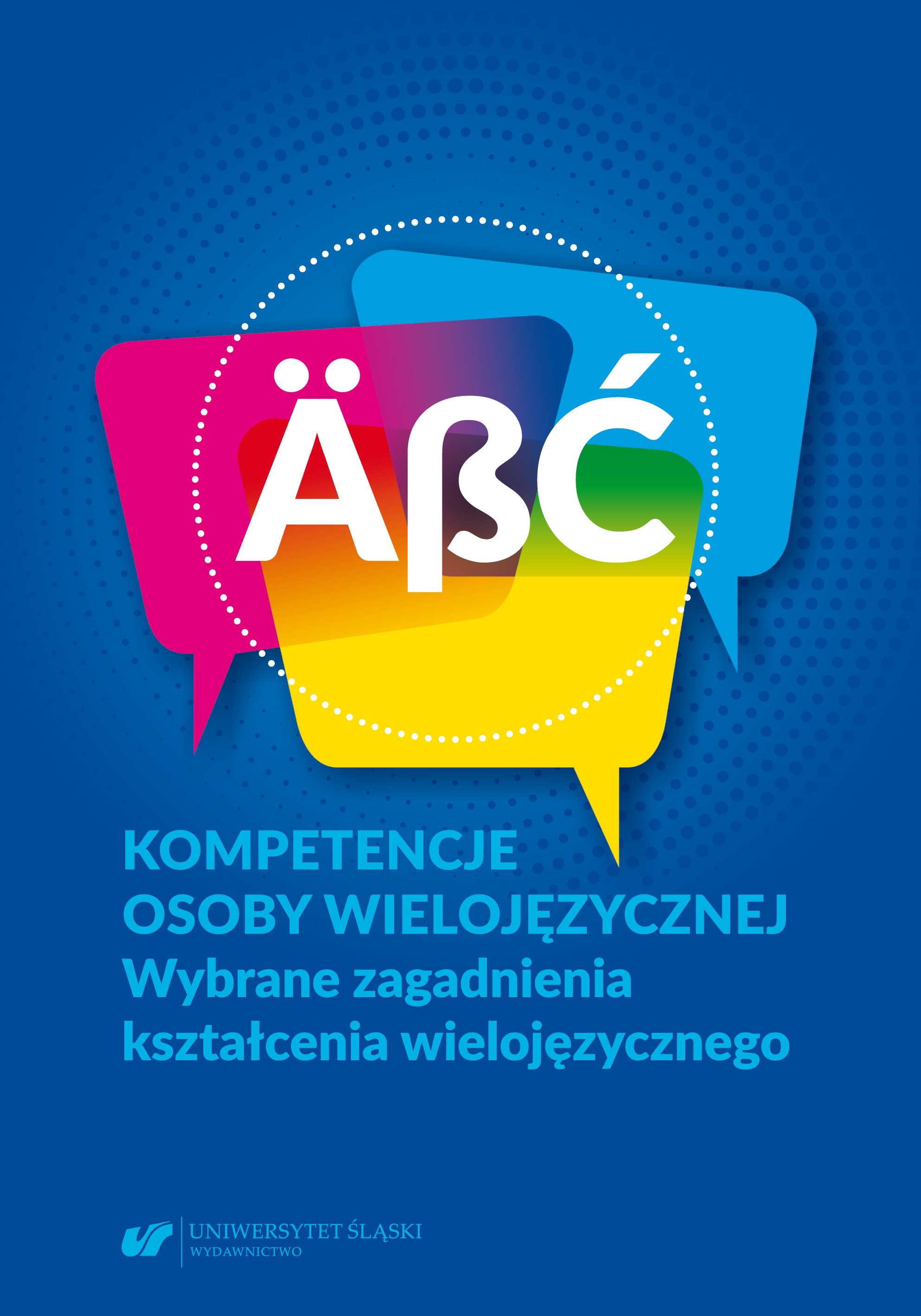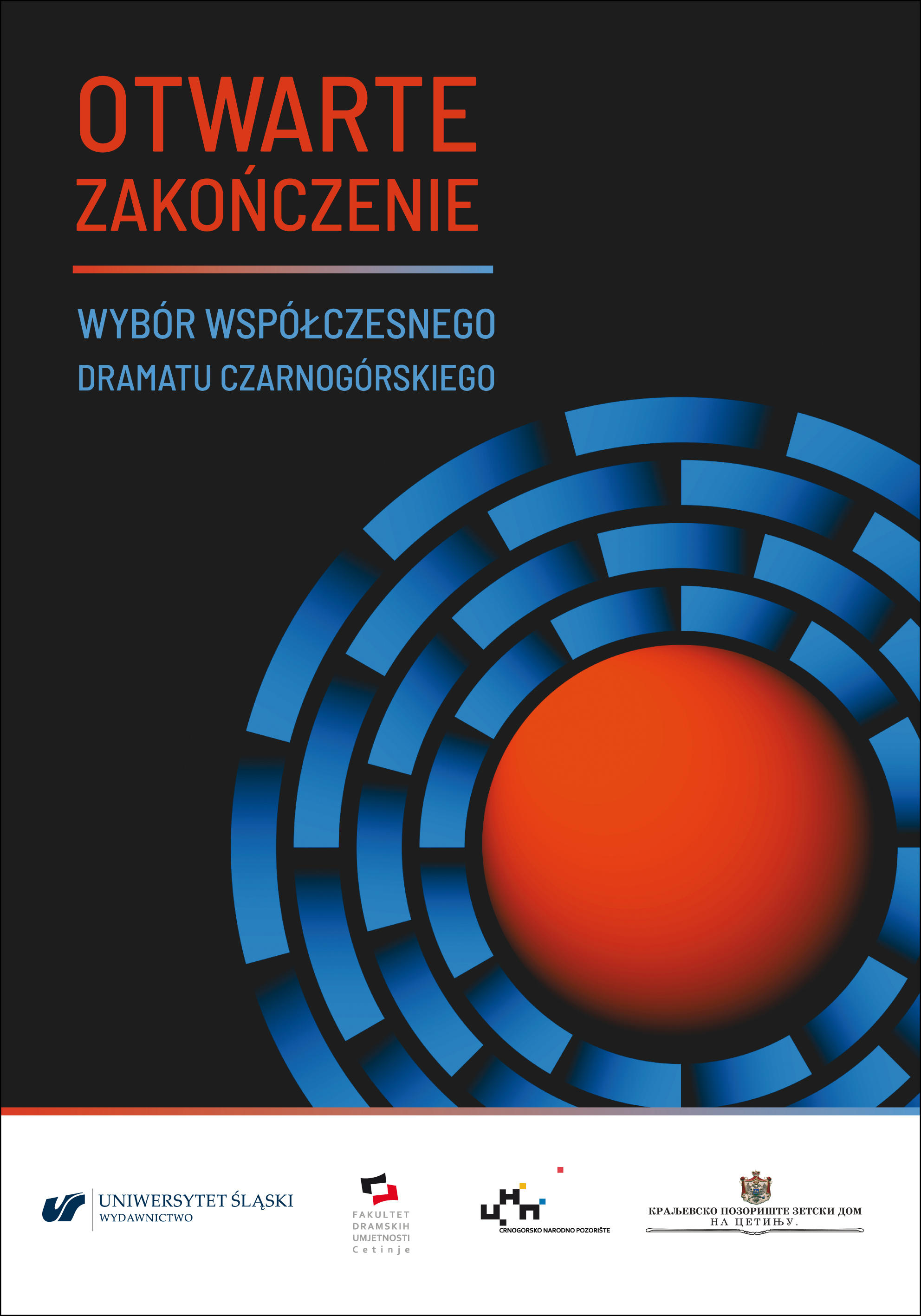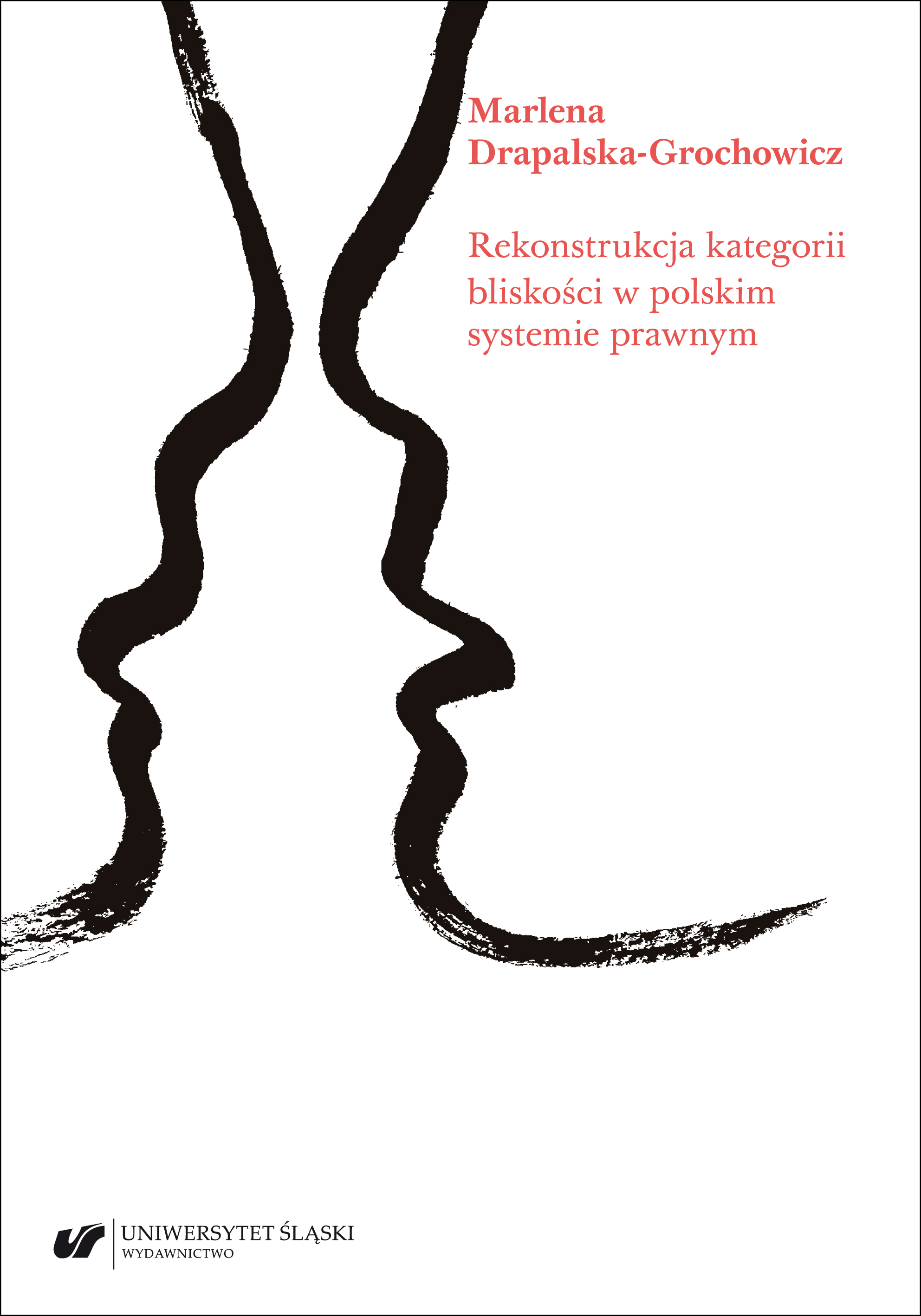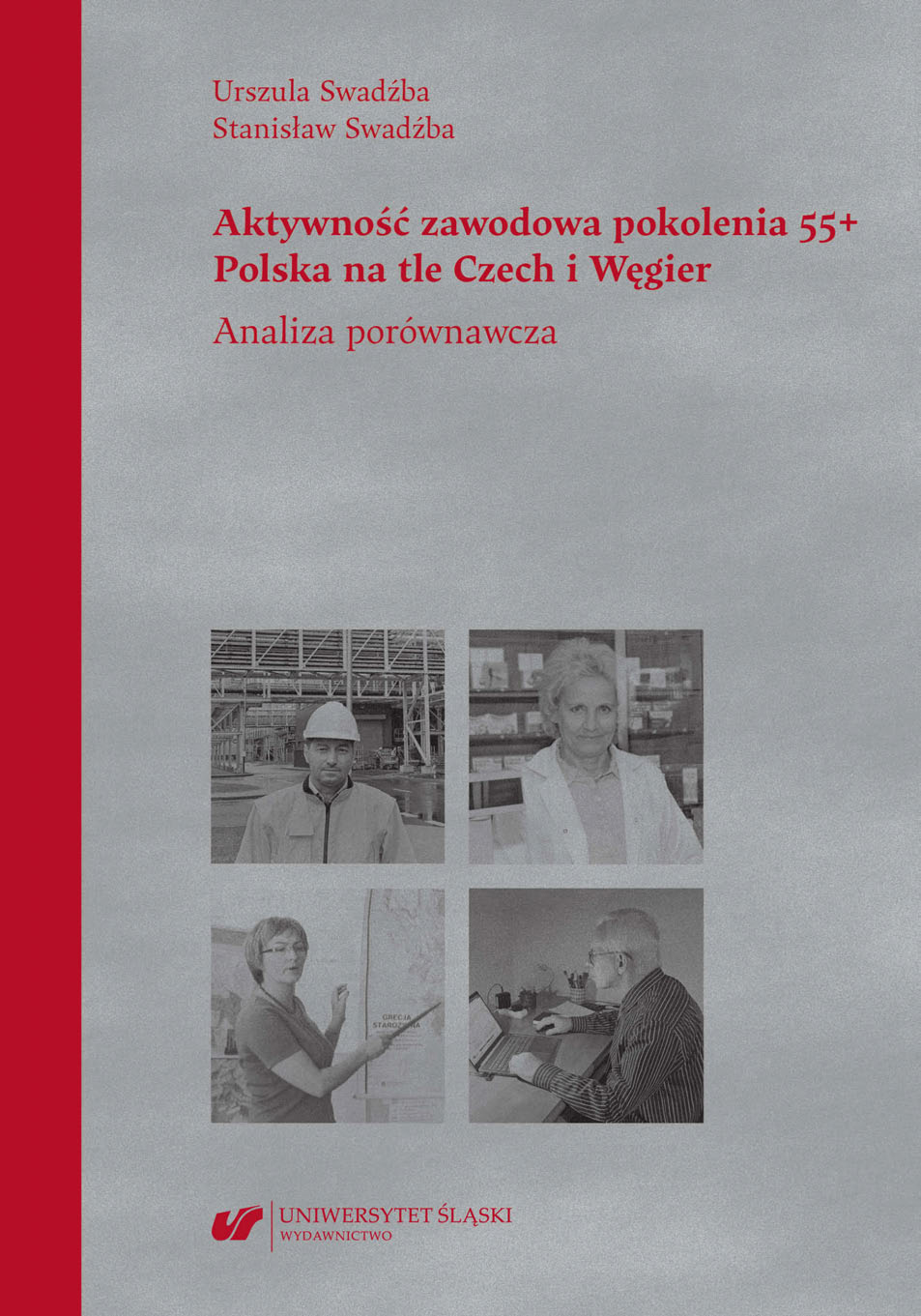Pozycja partii regionalnych w systemie politycznym współczesnej Hiszpanii
Author(s): Małgorzata Myśliwiec / Language(s): Polish
Keywords: Regional Parties; Contemporary Spain
The vast literature on European political parties is dominated by works focused on analyzingactivities of the highest branches of state governments. Yet, it is difficult to be surprised by thisstate of affairs — in Europe, central authorities remain as the main political decision-makers, bothin terms of internal affairs and foreign policies. However, it does not change the fact that politicalparties active in and submitting electoral candidates throughout any given country are not the onlyentities influencing the quality of political decisions made. It is particularly the case in federationcountries and the so-called regional states, where regional parties, as well as their particular variety— ethno-regional parties — gain increasing political significance.The intensification of research on the position of regional parties in political systems of individualEuropean states, especially on the subject of their presence in representative organs on fourlevels — European, state, regional, and local — is definitely justified. The first argument in favorof such research is the fact that in contemporary Europe, these groupings play a major role inestablishing regional imagined communities. As a consequence, scientists must attempt to redefinethe existing relations between the core and the periphery. The second argument is the fact that inWestern European countries, the relevance level of regional parties is rather high, which indicatesthat the field of operations for such parties is still widening. Thirdly, regional parties are indeed apolitical occurrence characteristic for “old Europe” states, but they can also be found in Centraland Eastern European countries. It means that conducting research on Western European regionalparties conducted in Poland can be particularly significant. Poland is a rather unitary state and achange in the constitutional order, adopted in 1997, which establishes such a form of regime, israther unlikely. It does not mean however, that the influence of Western European standards willnot have an impact on political events in Poland and the shaping of the local political scene. An indepthanalysis of solutions adopted in individual Western European states in terms of the capacityfor representational participation of regional collectives in electoral representative organs on European,national, regional, and local levels can allow for drawing appropriate conclusions and a substantiveevaluation of chances of and threats to democracy, which result from including politicalrepresentatives of regional collective into lawmaking and — in a wider context — the workings ofthe political system. Fourthly, an analysis of the functioning of regional parties in the framework ofEuropean political systems can significantly contribute to the understanding of some factors conditioningthe so-called “unfreezing process” of political systems. Finally, it should be noted thatdespite the existence of several classifications of political parties, the authors researching the mattertoday usually propose the adoption of a division into party “families”, since the main “rivalrypoles” are similar in most European states. The assumption of divisions based on doctrinal stereotypesis the reason many authors question the purposefulness of including regional and ethnic parties in classifications, which indicate the existence of ideological “families”. It does not, however,change the fact that they comment on the matter of the existence of such groupings in their works,which is why we can assume that this is a consequential research issue.Contemporary Spain is undoubtedly one of the most interesting examples of a European state,where the political rivalry between the core and the periphery indicates the existence of a substantialsociopolitical division in this aspect. It is clear that any attempt to describe the functioningof its party system based solely on a classification formed using traditional doctrinal stereotypesmust lead to an incomplete, heavily distorted image. The political processes in this country duringthe last 150 years show that the socio-political division between the core and the periphery is notany less vital in Spain than the divisions based on the attitudes towards economic and ideologicalissues. It is clear there that at the turn of the second decade of the 21st century, in the midst of aserious economic crisis, the disappointment in elite politics on the political core level resulted inthe rise of popularity of regional parties. It should be noted here that the research on Spanish partiesfrom this party “family” must be coupled with devoting particular attention to a subtype ofgroupings, which advocate ethnic values. This is due to the specificity of periphery regions, differingfrom other state areas in language, customs or tradition of political institutions, but also inusing these differences in political play by ethno-regional parties.From the perspective of a highly centralized state such as Poland, it definitely merits to examinethe case of Spain. The first argument in favor of researching this field is the fact that despitegranting autonomic rights to all regions of Spain, the state still retains the form of a unitary state.This work is therefore an analysis of occurrences within the context of a similar form of state, asopposed to those happening in a federation — a form foreign to Polish tradition. Secondly, addingto Polish literature and therefore widening the knowledge of regional parties in Spain may be usefulin future in the context of gradual maturing of Polish democracy on local and regional levels.The state decentralization, which occurred in Poland after 1989 was probably one of the most difficultpolitical processes carried out in the country. It is suffice to note that in 1990, at the dawnof the Polish Third Republic, only one level of self-government — the municipal government —was established. Further solutions in the local government reform area were not implemented until1998, when the government of Jerzy Buzek decided to create county and province levels. However,those solutions are becoming a frequent subject of political and scientific discussion. These discussionsoften include the notion that the local government reform is a process, which has not beenfinalized in Poland yet. It is worth noting here that the requests related to directions of changesin the field of Polish decentralization often come from local and regional entities. It can be thereforepresumed that the process of development of sub-state political elites will result in subsequentrequests in the future. This can further exacerbate the sociopolitical core-periphery division.Consequently, the main goal of this work is to verify the research hypothesis, which assumesthat the significant sociopolitical core-periphery divisions in Spain must have prompted the politicalelites of the central level - which were active after the demise of general Franco and guidedthe democratic transformation process, setting the state’s territorial integrity as a main goal — toemploy solutions for the creation, activity and financing of political parties, as well as for electorallaws, which would allow for communities from individual historical regions to maintain a representationin representative organs on four levels — European, state, regional, and local — thereforeensuring their significant position in the political system of contemporary Spain.
More...
